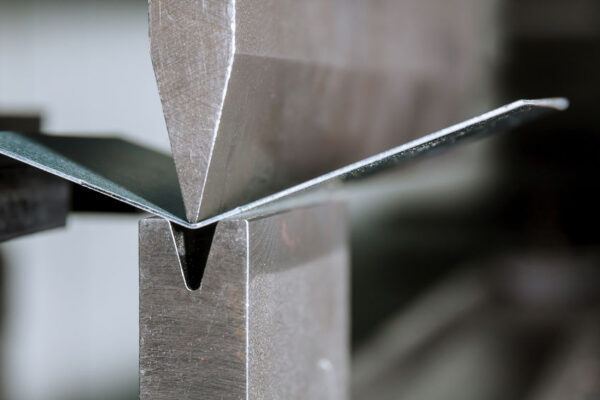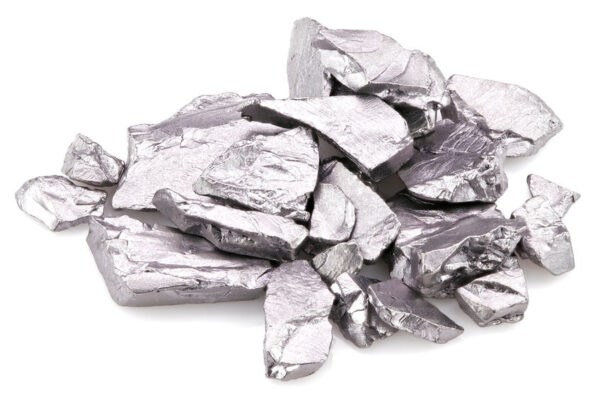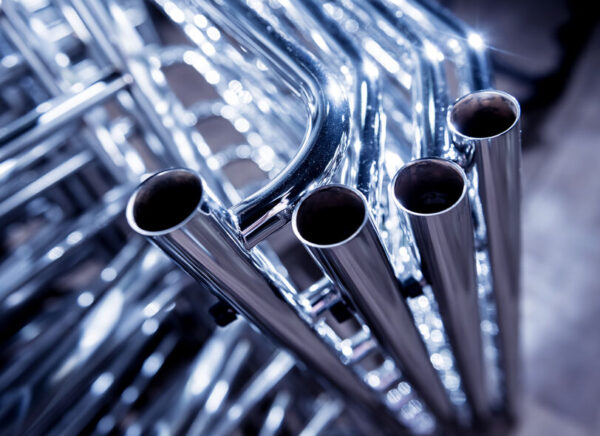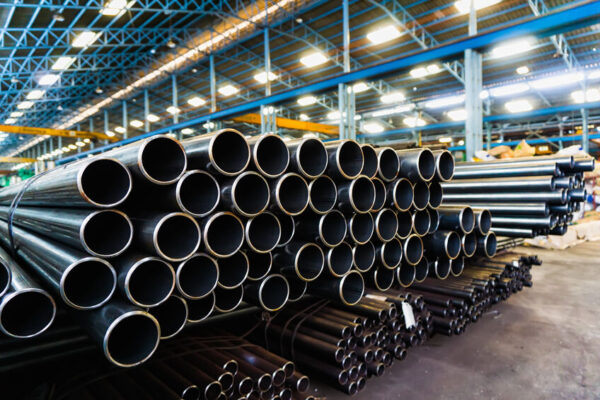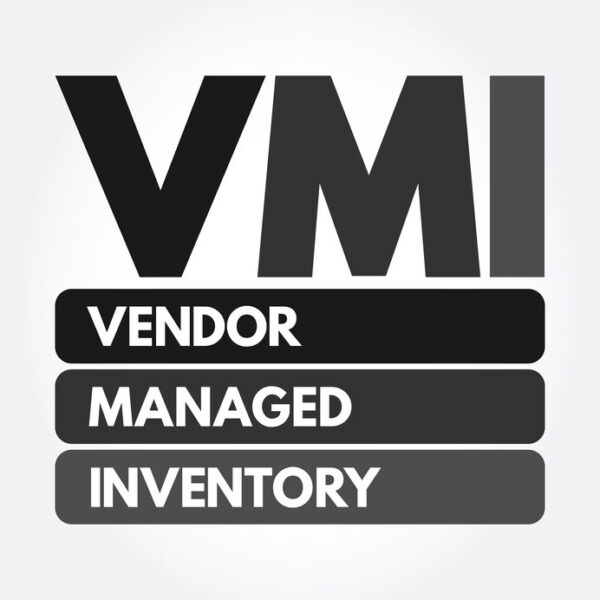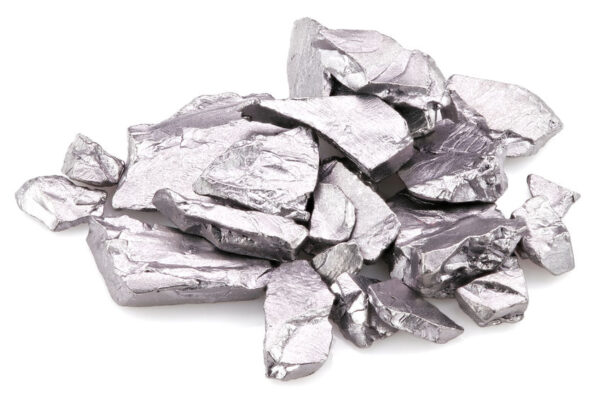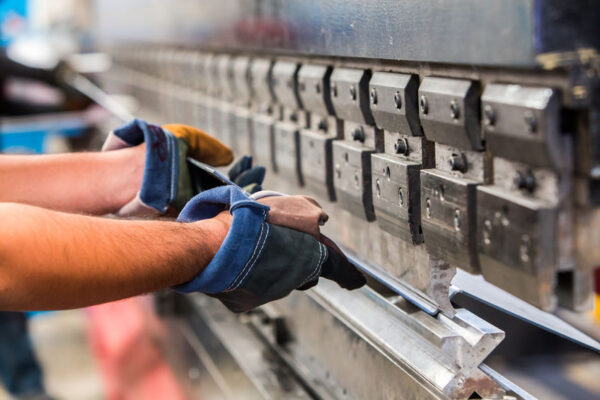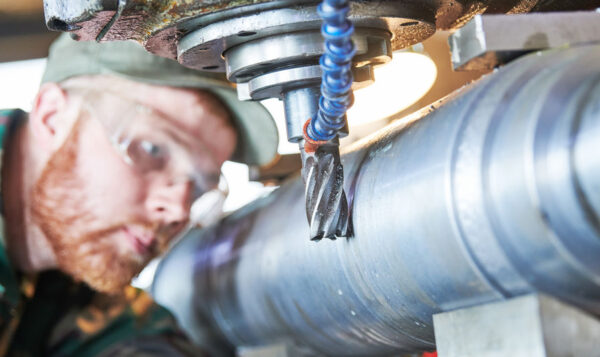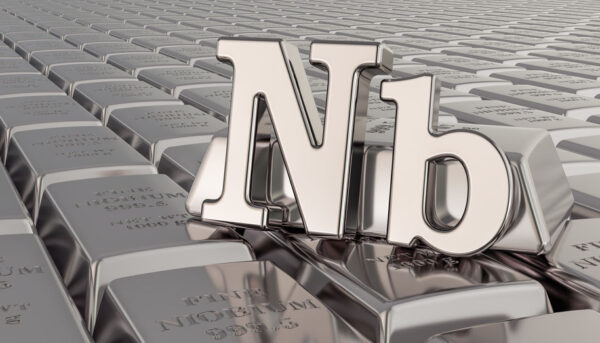
He aha taau e mohio ana mo te niobium? Mena kei te rite koe ki te nuinga o te iwi, Ko te whakautu ehara i te mea nui. Heoi, kia mohio tenei: Ka whakamahia te niobium i nga momo mea katoa, mai i te whakapaipai hypollgenic ki te mahi makutu. Ka kitea e koe te niobium i etahi miihini miihini. Niobium Characteristics Niobium is a shiny, ma te maitai ma te huri i nga atarangi o te puru,… Panui atu »



